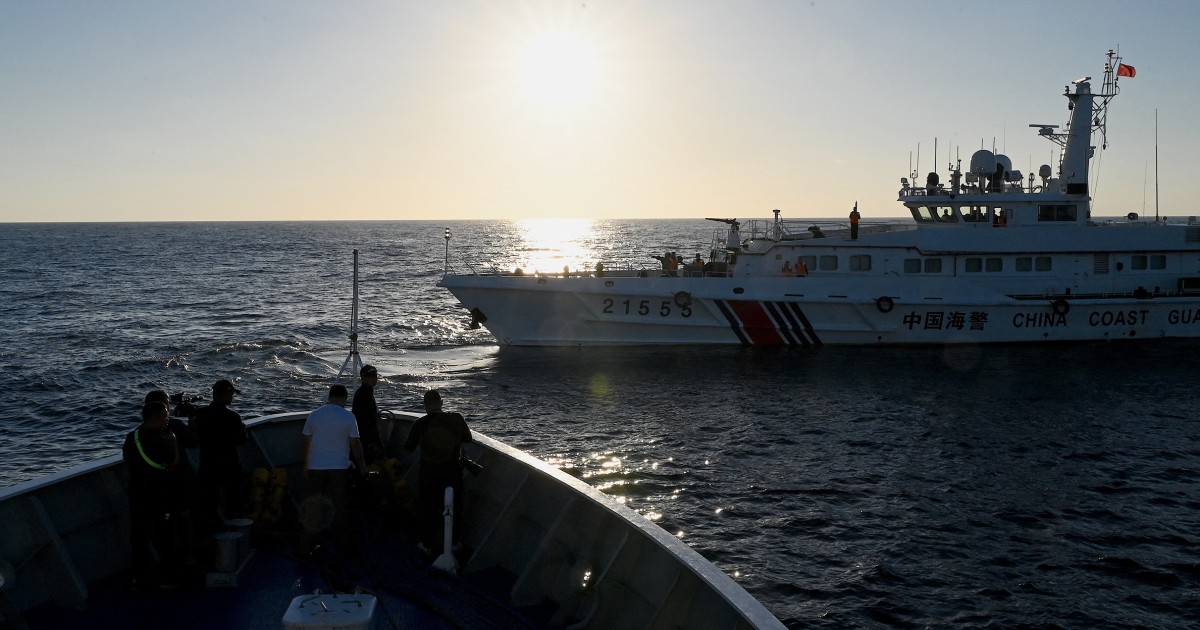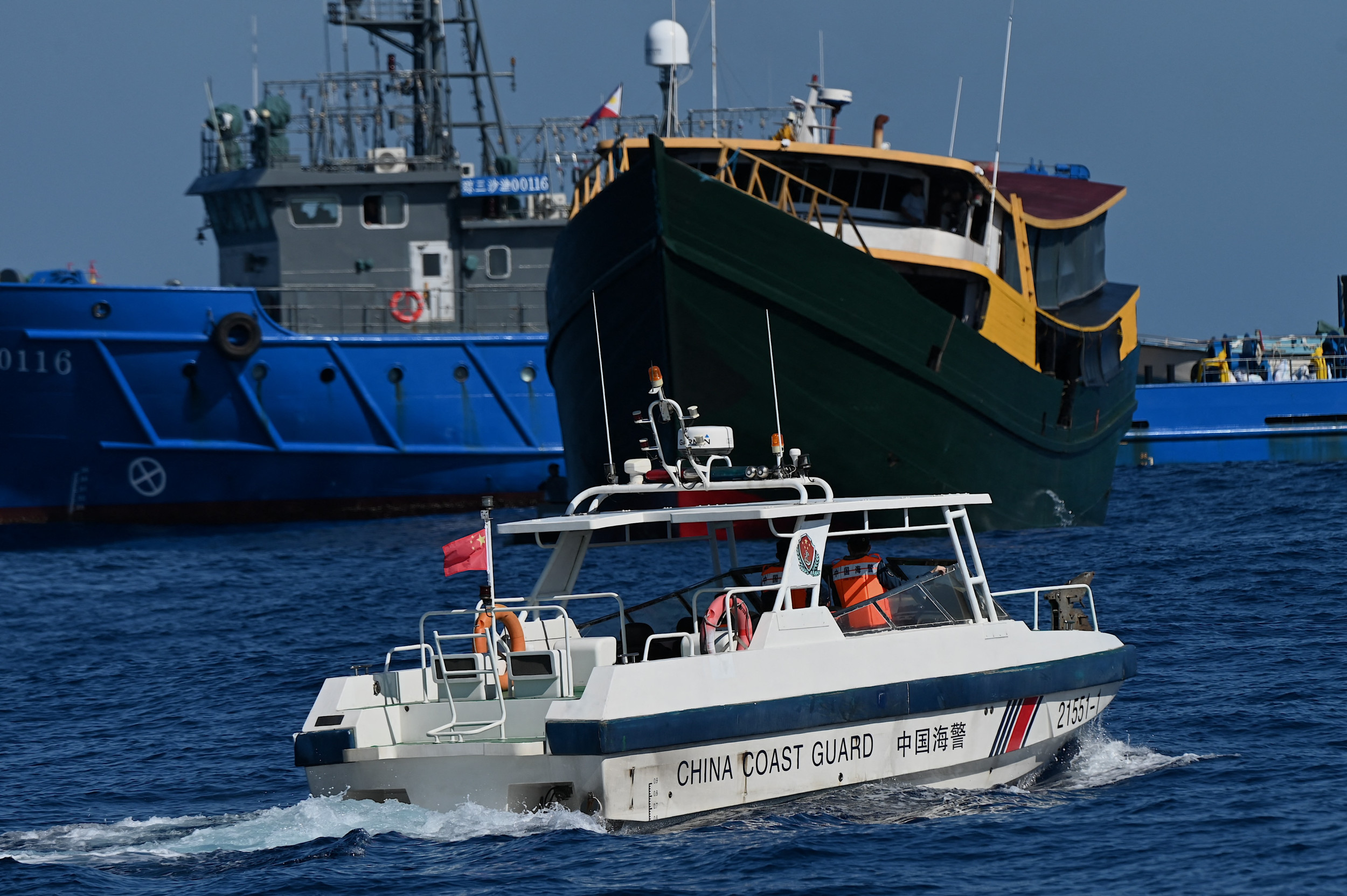
The South China Sea, a vital waterway rich in natural resources and crucial to international shipping, has once again become a hotspot for tensions between China and the Philippines. In the latest incident, Chinese and Philippine ships collided near the disputed Spratly Islands on Monday, June 17th, 2024. Both sides accused each other of instigating the collision.
According to reports from various sources,
The United States renewed its commitment to defend the Philippines following a serious confrontation between Filipino navy personnel and Chinese forces in the South China Sea on June 16th, 2024. (NBC News)
China and the Philippines blamed each other for instigating Monday's hostilities in the Second Thomas Shoal, which has been occupied by a small Filipino navy contingent since 1999. (NBC News)
The U.S. Deputy Secretary of State Kurt Campbell discussed China's actions with his Philippine counterpart and reaffirmed the Mutual Defense Treaty between the two countries. (NBC News)
Filipino navy personnel were injured, and their supply boats were damaged during the confrontation. (NY Times)
The Philippines condemned what it called 'dangerous maneuvers' by Chinese maritime forces, which disrupted a routine effort to transport supplies to Filipino personnel at the shoal. (NY Times)
China has intensified its naval patrols in an effort to enforce its self-defined boundaries in the South China Sea and has blasted Philippine resupply vessels with water cannons, damaged radars and antennas, and repeatedly struck boat hulls. (NY Times)
The disputes between China and the Philippines over territorial claims in the South China Sea have long been regarded as an Asian flashpoint. In 2016, an international court ruled that the Second Thomas Shoal was within the Philippines' exclusive economic zone, but China refused to participate in the tribunal and rejected the ruling. (NY Times)
The shoal is home to a crumbling Philippine warship, Sierra Madre. The rusting vessel carries a twofold mission: staking the Philippines' claim to the land and trying to prevent further Chinese incursion. (NY Times)
Manila's quest to deter China has pushed the Philippines closer to its treaty partner, the United States, as well as Canada, Japan, and Vietnam. Last year, Washington signed an agreement with Manila to increase its military presence in the country to counter China's growing aggression. (CNN)
The collision is just one of many incidents that have raised tensions in the South China Sea. Beijing claims almost all of the South China Sea and has become increasingly assertive in pursuing its claims, giving rise to more frequent direct confrontations with various countries, primarily the Philippines. (AP)



